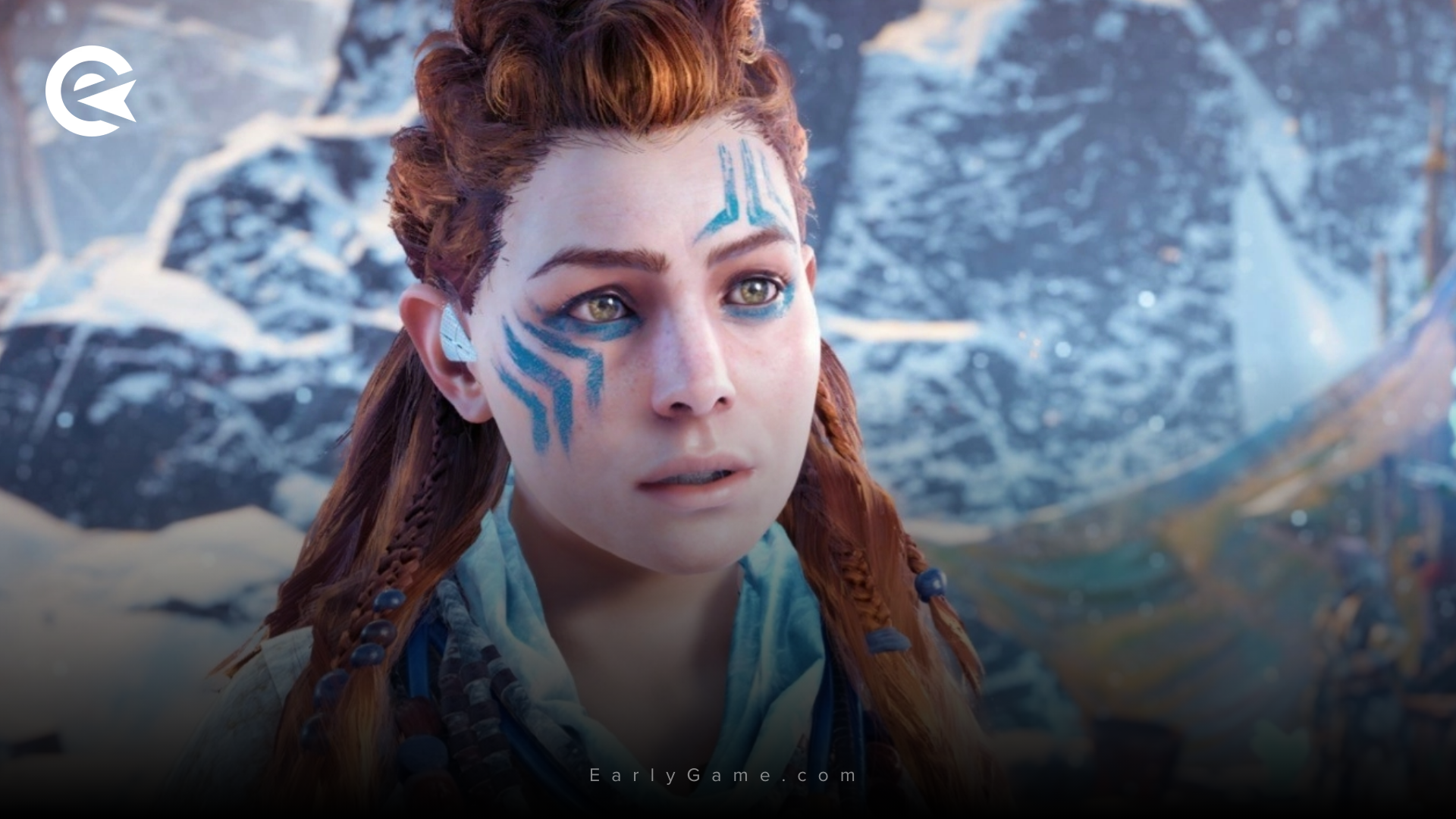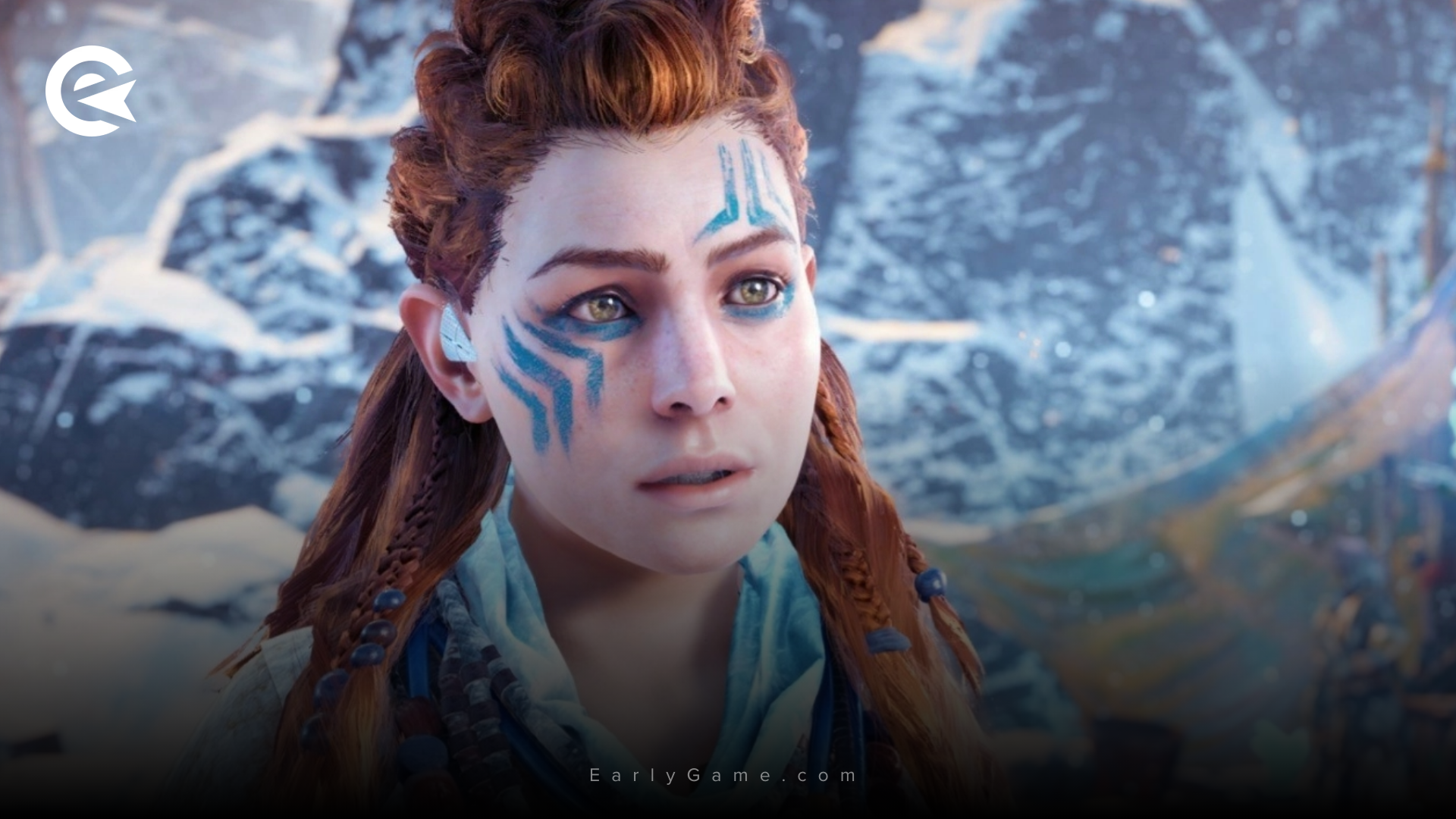Sony’s latest patent might be the secret weapon developers have been waiting for.

Localizing a game into multiple languages is one of the most time-consuming – and expensive – parts of development. From translating dialogue to reanimating facial expressions, the process can stretch timelines and budgets to the limit. But Sony may have found a solution. A newly revealed patent hints at a tool that could dramatically speed things up by using smart tech to evaluate and adjust lip-sync across languages. Here’s everything you need to know about the latest innovation in the gaming world.
Localization Slows Down Development
Bringing a modern video game to a global audience is a far more complex task than many players realize. It’s not just about translating on-screen text or voice lines – it also includes adapting tone, humor, idioms, and cultural context to fit different regions. On top of that, developers must retime dialogue, adjust lip-sync, and sometimes even reanimate facial expressions to ensure characters look and sound natural in every language. These steps require close collaboration between writers, translators, voice actors, and animation teams, often under tight deadlines. For blockbuster titles, this can lead to localization timelines that span many months or even years.
Take Cyberpunk 2077 as an example. The game credited a total of 5,381 developers, and 2,456 of them – around 45% – were involved in localization. That means nearly half the team worked on making the game accessible and immersive for players around the world. It’s a clear sign of how resource-intensive multilingual releases truly are.
Sony’s AI Tool
Sony is working on a clever tool that tackles one of localization’s trickiest challenges: making characters’ mouth movements match translated speech. Instead of just syncing things by hand, the system analyzes phonemes – the tiny building blocks of spoken language – to check how well the new dialogue fits. It then spits out a match score, showing developers exactly where things look off. If needed, it can even suggest changes or adjust facial animations automatically. That means less time spent fixing lips frame by frame and more time focusing on gameplay or story. In the end, players get a smoother, more natural experience – no matter which language they choose.
Talking about patents, this is a great opportunity to remind people that Sony holds a 2009 patent for interactive commercials, where viewers might have to shout something like "McDonald's!" to skip an ad. The concept has never been implemented, and while the patent remains active until 2029, it’s possible we’ll never see it in action. It's not unusual for companies like Sony to hold numerous patents without turning them into products – in fact, Sony owns over 95,000 patents worldwide, with more than 78% still active. So if this “locking” patent goes unused, it wouldn’t be the first time Sony has chosen not to commercialize one of its ideas.
Do you play games in their original language, or do you prefer dubs and subs? Would shouting at your screen be a fun twist – or just plain weird? Tell us in the comments!


































